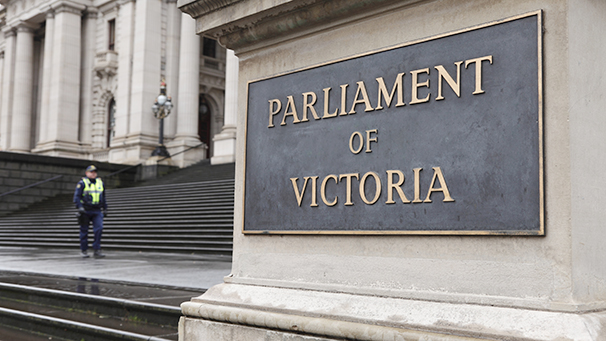What the Environment Protection Act 2017 Act means for Victorian businesses
The Act has changed how Victoria regulates pollution, waste and contamination from businesses.


The Environment Protection Act 2017 (the Act) came into effect on 1 July 2021. It is the start of a fairer, more balanced era of environmental regulation for Victorian businesses.
The Act aims for fairness for people who run their business legally. It strengthens our powers to investigate businesses. There are large increases to penalties for rogue operators.
The subordinate legislation – the Environment Protection Regulations and Environment Reference Standard – was made by the Governor in Council and came into effect on 1 July 2021 with the Act.
The general environmental duty (GED) is at the centre of the Act. It applies to all Victorians. You must reduce the risk of your activities potentially harming the environment or human health through pollution or waste.
The GED applies to many businesses, including some that may be dealing with EPA for the first time. We’ll support you to understand your obligations.
Occupational health and safety (OHS) law, which many businesses use and are familiar with, was the template for building the GED.
The Act uses a more flexible and risk-based approach. This includes a range of tools we call permissions. Registrations, permits and licences are all permissions. They regulate activities according to the level of risk posed.
If you produce industrial waste you must take it to a place that can lawfully receive it. This includes sorting, recovery and disposal facilities. Obligations and penalties apply to ensure waste is properly managed.
You must report certain pollution incidents (known as 'notifiable incidents') to EPA as soon as practicable. This will help to make sure we can respond quickly to protect human health and the environment.
A notifiable incident is one that causes or threatens to cause harm to the environment or human health. You must notify EPA even if the information will put you or your business at risk of legal action. Failure to report may result in a penalty.
You must comply with contaminated land duties, the duty to manage and the duty to notify. You must minimise risks of harm from contamination on any site you manage or control, even if you didn’t cause the contamination.
You must also notify EPA about contaminated land above certain levels, in certain situations.
The Act allows for greatly increased fines, compared to the previous Act. This brings Victoria into line with other Australian jurisdictions.
If your business commits a serious breach of the Act, you could face fines of up to $3.2 million. Jail time is possible for deliberate breaches or repeat offenders.
EPA can also seek a civil penalty instead of criminal prosecution. The court can also order payment of a monetary benefit order. This allows recoup of any money made from breaking the law. We have broad cost recovery powers, meaning unrecovered costs can become a charge on your property.
These penalties make sure businesses operating illegally won’t have a competitive advantage over those doing the right thing.
The Act also uses a range of tools and powers to set standards and remedy risks to human health and environment
Learn more about our regulatory approach.
EPA expects businesses to be open and honest, manage risk proactively, and continually reduce risks to the environment. You must report non-compliance and contamination and respond positively when EPA raises issues.
A better environment for all Victorians
What the Act means for the Victorian community
We all have a duty to prevent harm: general environmental duty
Reviewed 25 August 2022